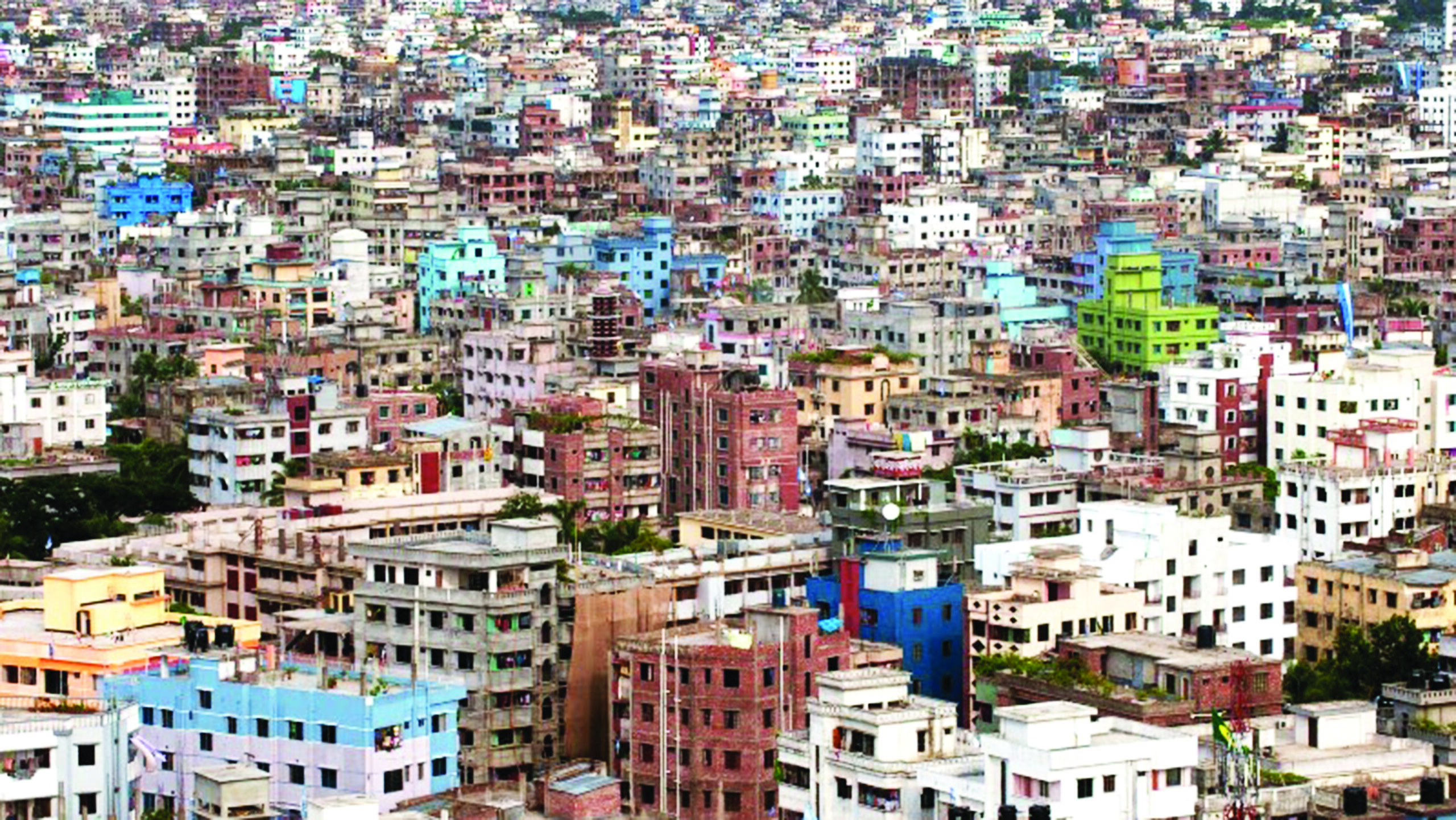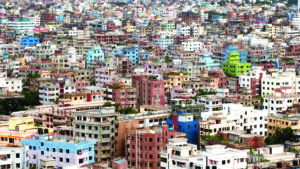Urban 20, an engagement group of G20, is poised to hold the U20 Mayoral Summit in Ahmedabad on July 7-8, which will see the participation of more than 100 mayors of cities around the world. In a pre-summit interview, Hitesh Vaidya, the Director of the National Institute of Urban Affairs (NIUA), which serves as the technical secretariat for U20 engagement group for G20, highlights endeavours of U20 in formulating a roadmap for global development influenced by cities. Vaidya, a seasoned expert in urban development and former country representative of UN-Habitat India, stresses that the U20 initiative, aligned with India’s presidency of the G20, focuses on empowering cities to address global challenges and contribute to sustainable development.
Excerpts from the interview:
Q: How does Urban 20 or U20 fit into the larger agenda of the G20?
A: The G20 countries collectively represent over 60% of the world’s population and have significantly higher urban populations, averaging 77%. Countries such as Argentina and Japan have urban populations exceeding 90%. The G20 cities alone accommodate a staggering 3.2 billion people, accounting for approximately 73% of the world’s urban population. Consequently, cities not only serve as the growth engines for these countries but also have a global impact. Therefore, instead of solely relying on a top-down approach where national governments play a central role, there is immense potential for cities to collaborate and collectively drive growth and sustainability. The Urban 20 initiative focuses on empowering cities to take action at the local level and facilitates the exchange of knowledge and experiences among various U20 cities.
We have witnessed in the recent past how cities play a crucial role in addressing emergencies such as pandemics, climate change, trade, and migration, often acting as the initial responders. Drawing from this valuable experience, local-level diplomacy can effectively complement national diplomacy and tackle transnational challenges. The U20 serves as an ideal platform for cities to foster peer-to-peer learning and advance the G20 agenda at the city level.
Q: What does the hosting of U20 mean for India and its urban development?
A: India has always been a pioneer in urban development, since the Harappan civilisation era. India has around 8,000 cities and towns, each with their own unique identities. The urban transformation witnessed by India has now become a blueprint for other countries to learn from, particularly in the Global South. The U20 also provides a platform for India to showcase its learnings from the growth and transformation of its cities and how it has overcome several challenges. The deliberations at U20 would further help guide the country’s urban development agenda, considering India’s projected urban population of over 600 million people by 2030.
Q: You spoke about the significance of urban areas in the development of G20 nations. What are the key challenges that urban areas face globally?
A : Urban areas are experiencing unprecedented growth, placing additional pressure on infrastructure and resources within cities. For instance, Cape Town in South Africa narrowly avoided Day Zero when the demand for water supply exceeded the existing capacity. Furthermore, one of the most pressing global challenges today is climate change, which affects all nations, regardless of their development status. This directly impacts our lifestyles, access to resources, and overall sustainability. While advancements in science and technology have improved our understanding of climate change, the lack of city-level data, coupled with technological and financial barriers, makes it difficult for cities to take appropriate action.
Q: Apart from the Sherpa meetings of U20 in Ahmedabad, is the Technical Secretariat also planning or undertaking any knowledge-sharing events?
A: Yes, the Technical Secretariat has been hosting several conferences across India on urban issues and the way forward. We are also planning to release status papers and white papers on various urban issues and priority areas of the U20.
The different priority areas of Urban 20 include encouraging environmentally responsible behaviour, accelerating climate finance, ensuring water security, championing local identity, digital urban futures, and rethinking urban planning and governance frameworks.
The LiFE mission, inaugurated by the Prime Minister of India in 2022, aims to bring about comprehensive behavioural change across all levels by encouraging a mass movement towards sustainable lifestyles. The impact of technology in Indian cities was evident during the COVID-19 pandemic when Integrated Command and Control Centers established in smart cities played a crucial role in effectively managing the crisis and facilitating vaccination efforts.
Q : How does Urban 20 link with various other working groups and engagement groups under G20 and are the priorities aligned?
A : U20 aligns with India’s presidency of the G20, which emphasises green, inclusive, and resilient growth for all, reflecting the theme of “One Earth. One Family. One Future.” The priorities and focus areas of U20 are interconnected and harmonised with the goals of various working groups and engagement groups within the G20. As cities serve as hubs for economic activities and host the majority of the global population, they play a crucial role as enablers or implementing authorities across multiple sectors. Innovative and transformative interventions are vital for the development agenda of future cities, and the young and emerging startup ecosystem can contribute by accelerating the adoption of digital technology. The Startup20 group focuses on fostering such innovation. Additionally, actions taken by youth (Y20) and women (W20) can promote sustainable urban development, benefiting both these groups through inclusive city planning.
Manish Chand is CEO, Centre for Global Insights India, a think tank focused on global affairs and India Writes Network. He is Editor-in-Chief, India and the World, a journal on international affairs.














